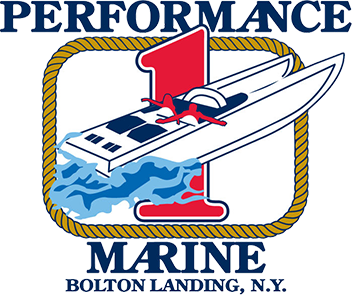Economy and Environment Go Together, Waterkeeper Conference Told
Rethinking the approach to community revitalization is key to its successful implementation.
That’s what municipal planner David Crockett, in the pioneering spirit of his American frontiersman ancestor, told the 100 engineers, architects and government officials gathered May 1 at the 2014 Lake George Low Impact Development Conference, at the Holiday Inn.
In 1969, Chattanooga was proclaimed “America’s Dirtiest City,” so polluted by heavy industrial emissions that motorists had to use headlights in the daytime.
“Our hospitals were doing a great business,” Crockett said. “There was no EPA (Environmental Protection Agency).”
Today, following a Vision 2000 initiative launched 14 years ago, Chattanooga is one of the most environmentally-friendly, economically diverse cities in the country, and a destination for world-class music, cultural and outdoor recreational pursuits — cycling, climbing, running. Paddlers now traverse clean waters once filled with toxic industrial waste.
The conference was hosted by Lake George Waterkeeper and The Fund for Lake George. Crockett said. “David Crockett brings seasoned experience and perspective of great value to any place intent on enhancing its special qualities and identity,” said Eric Siy, the Fund’s executive director. “As David shared with Lake George leaders, lasting success can only be achieved by ensuring the needs of the economy and the environment go hand in hand. His decades of success in uniting diverse groups around a common goal proves the value of this approach. The Fund is eager to work with its expanding array of partners to apply this winning strategy and make Lake George a model for others to learn from and follow.”
Chattanooga’s turnaround has garnered extensive media coverage including a recent article on the cover of Parade Magazine.
Crockett is a former city Council chairman, Chattanooga planning commissioner and director of the city’s Office of Sustainability. He was previously an IBM marketing executive and CEO of a start-up software company.
“A place needs to have imagination and connections,” he said. “It’s a new way of doing business about every project.”
Instead of identifying priorities vertically, some at the expense of others, officials should take an integrated approach to policies and their impact on each other as decisions are made. Jobs, economic development, energy, education and the environment should all be considered as a whole. And things should be looked at regionally, rather than isolated at the local level, he said.
“Most of the issues that are important — air, water, culture, commerce — don’t know where these little red (boundary) lines are,” said Crockett, pointing to a map.
An extensive multi-use Riverwalk trail, the world’s largest freshwater aquarium, an art museum and the 1890 steel-truss Walnut Street Bridge, a former vehicular span now used by pedestrians, are all cornerstones of Chattanooga’s comeback as a vibrant, thriving city.
However, it wouldn’t have been possible without visionary, smart thinking, which he described as “lobal” instead of global change.
“You’ve got to get the mind right,” he said. “We have to change the way we think and that’s lobal thinking. It’s opportunity thinking.”
The same as Davy Crockett led early settlers westward, Crockett — the frontiersman’s great-great nephew — showed listeners how they can lead their towns and cities into the mid-21st century.
Resilience, innovation and a building on a sense of place will characterize successful communities, he said.
“If you think the future is going to be the way things are now, you’re gravely mistaken,” Crockett said. “Things are going to change for the operating environments we’re going to be in during the next 50 years. Leaders get paid to lead. Laggards pay to follow.”





